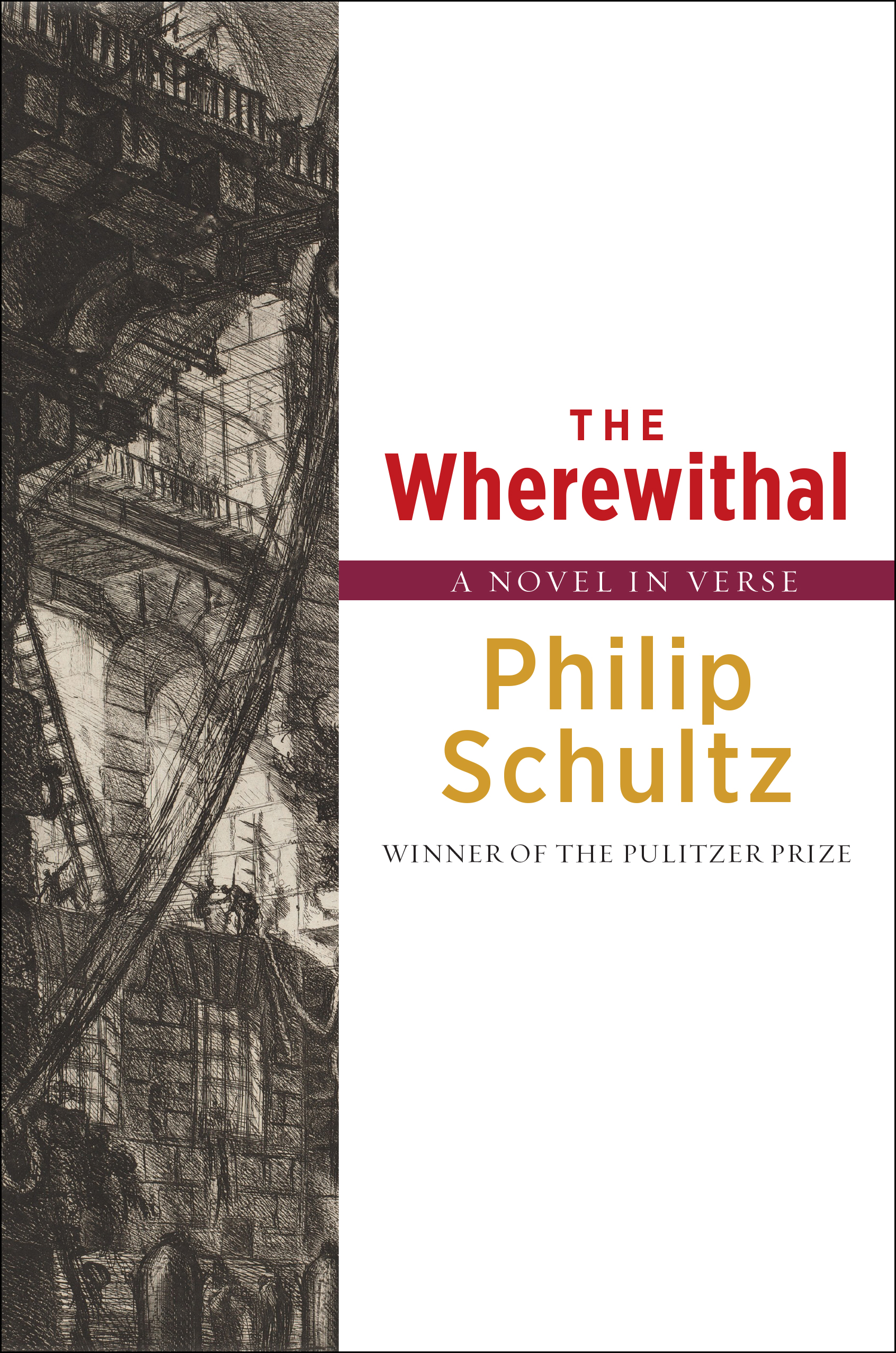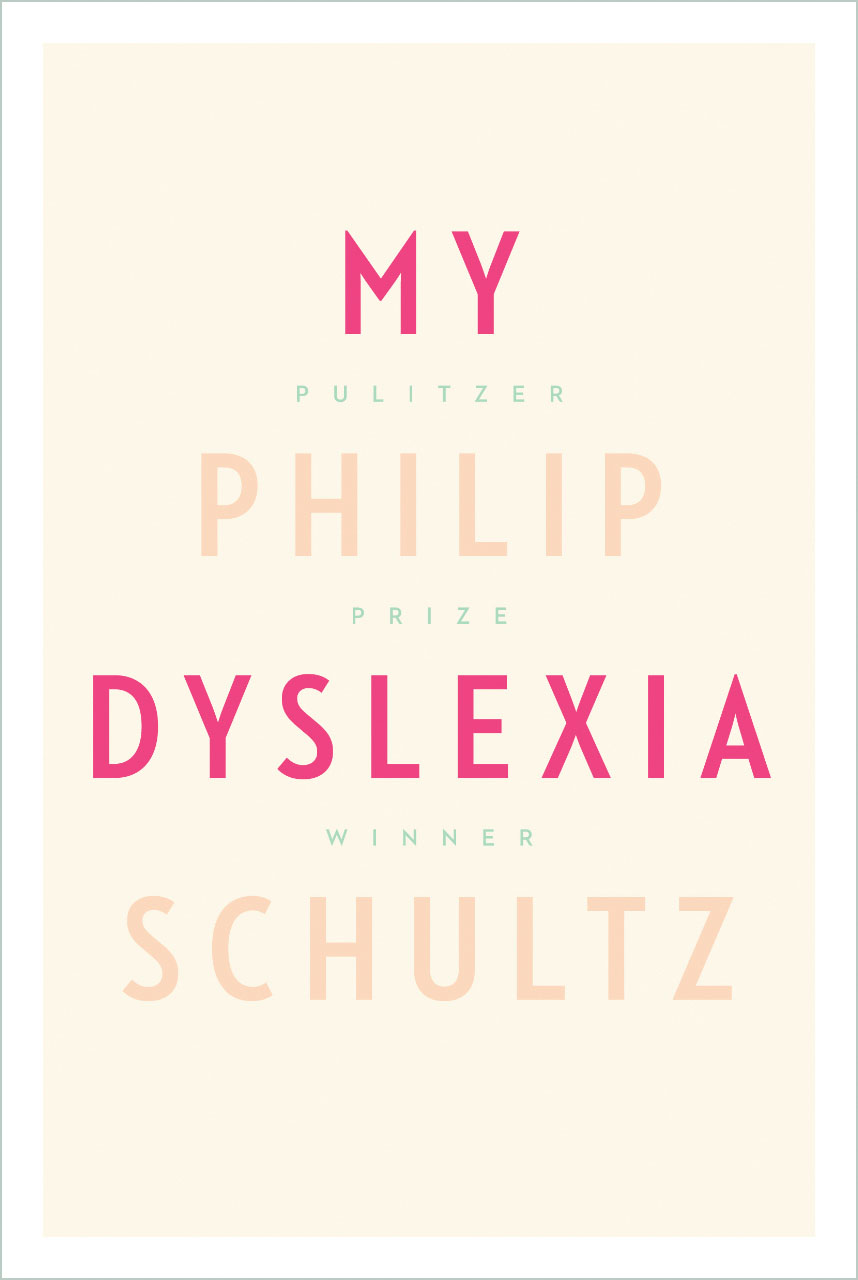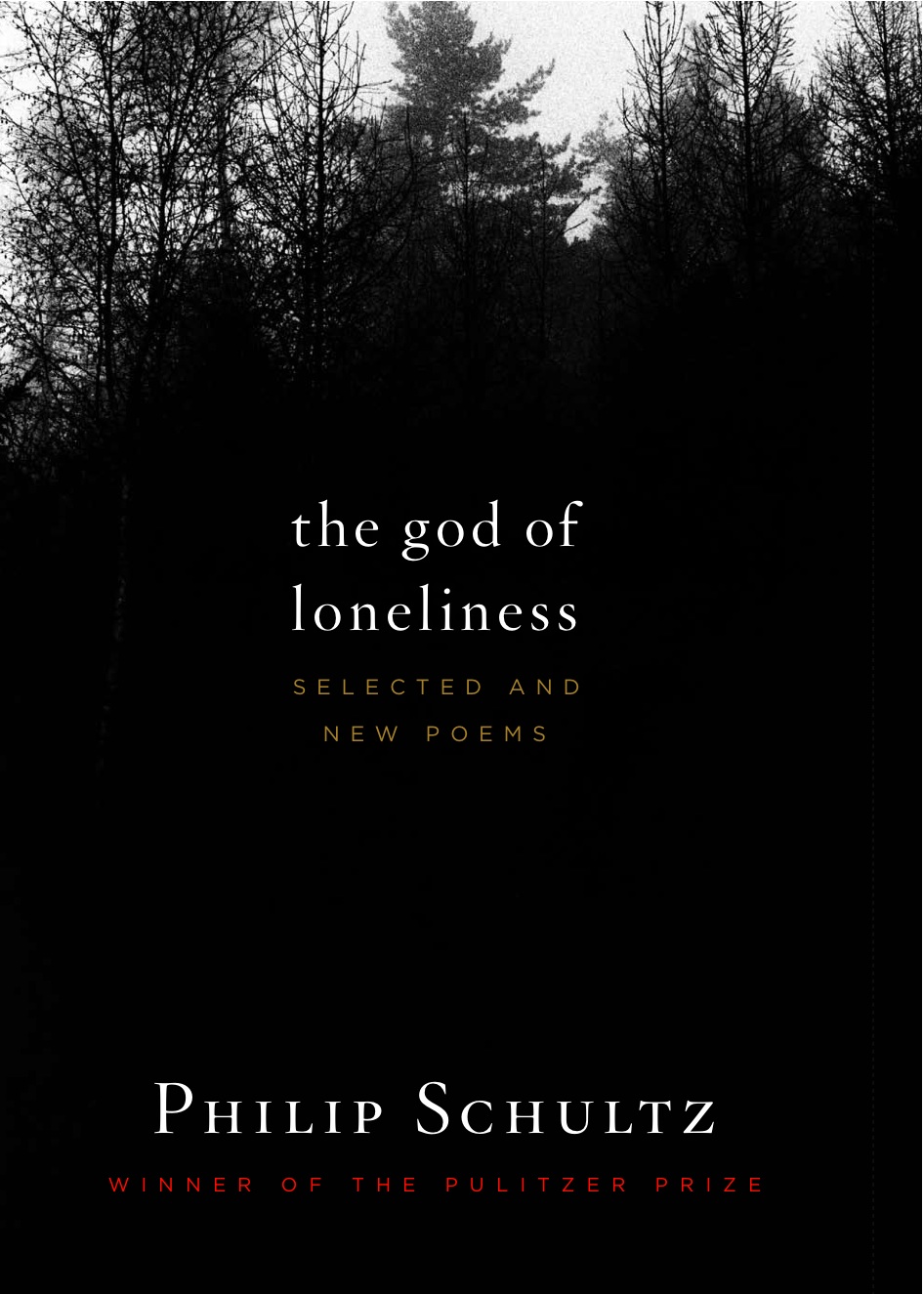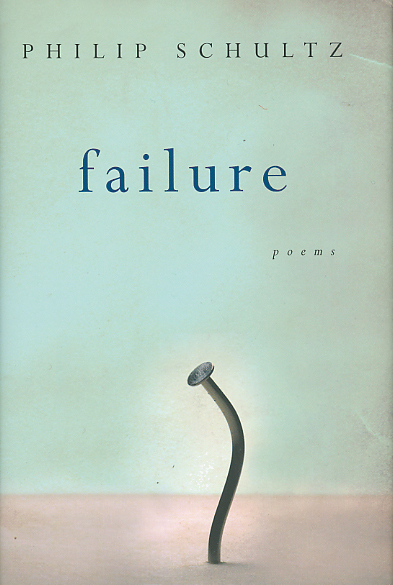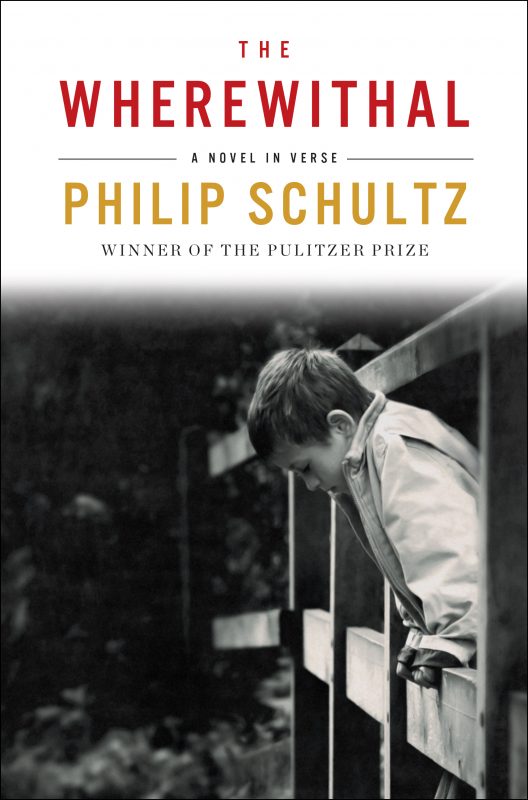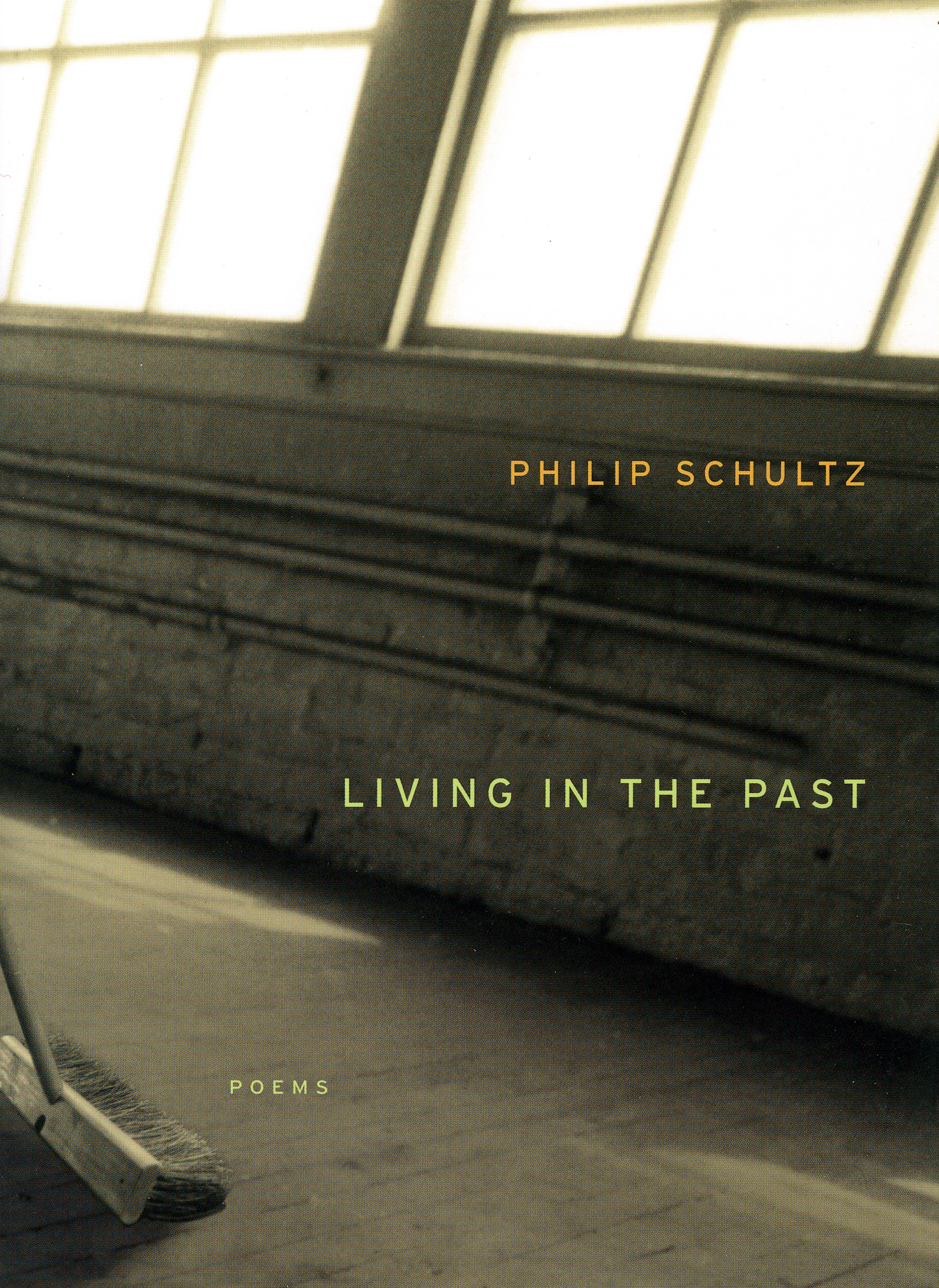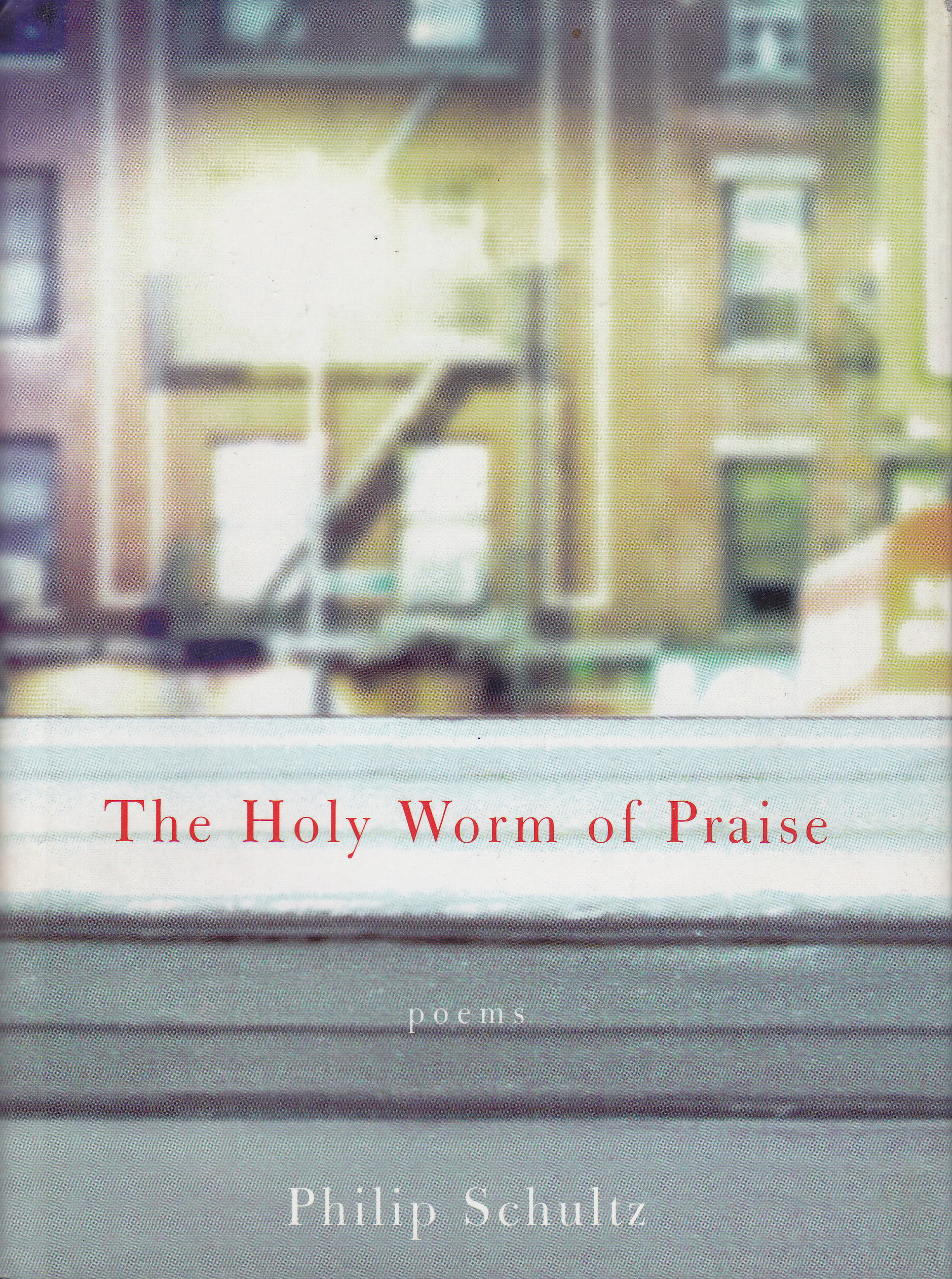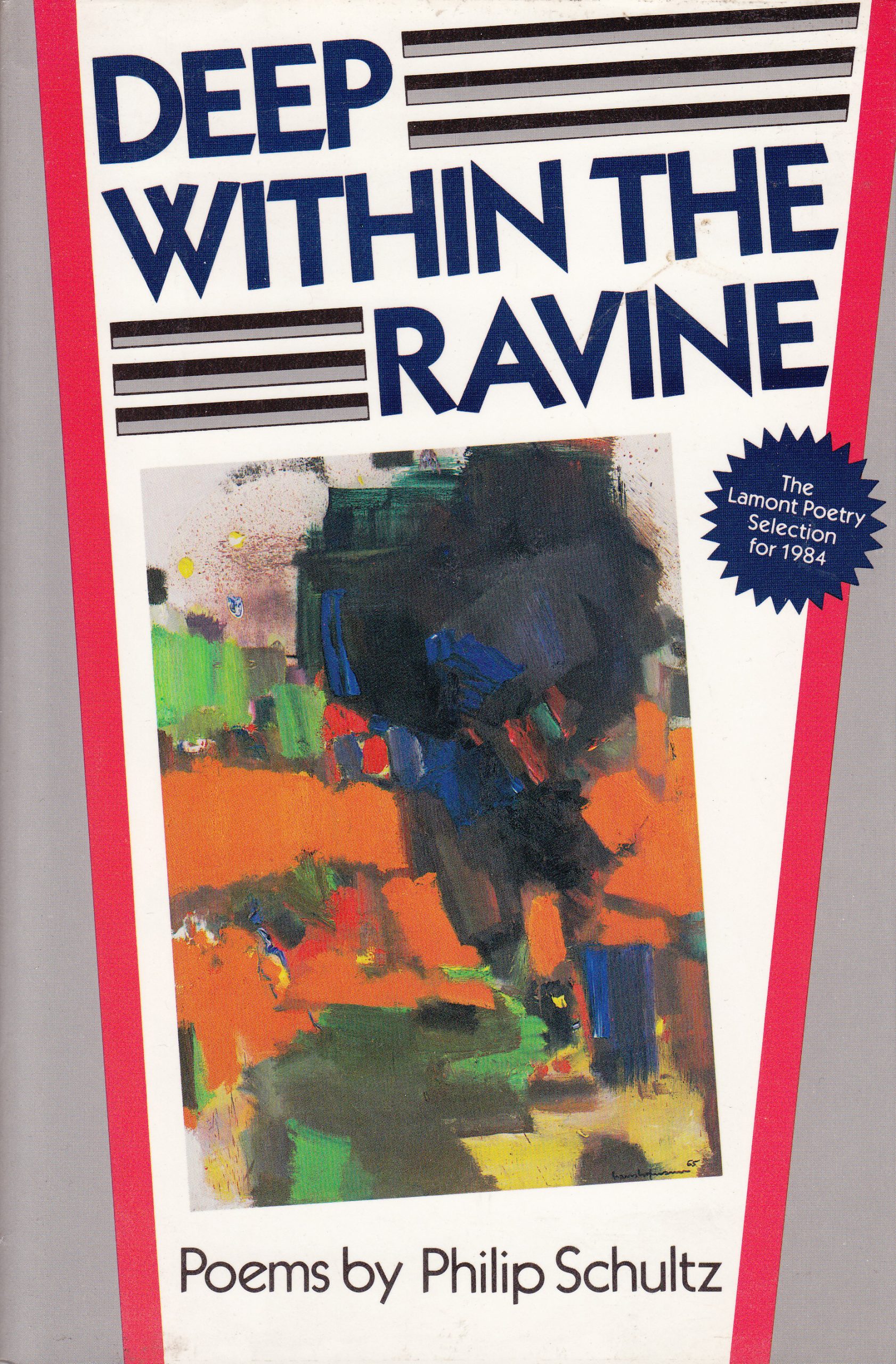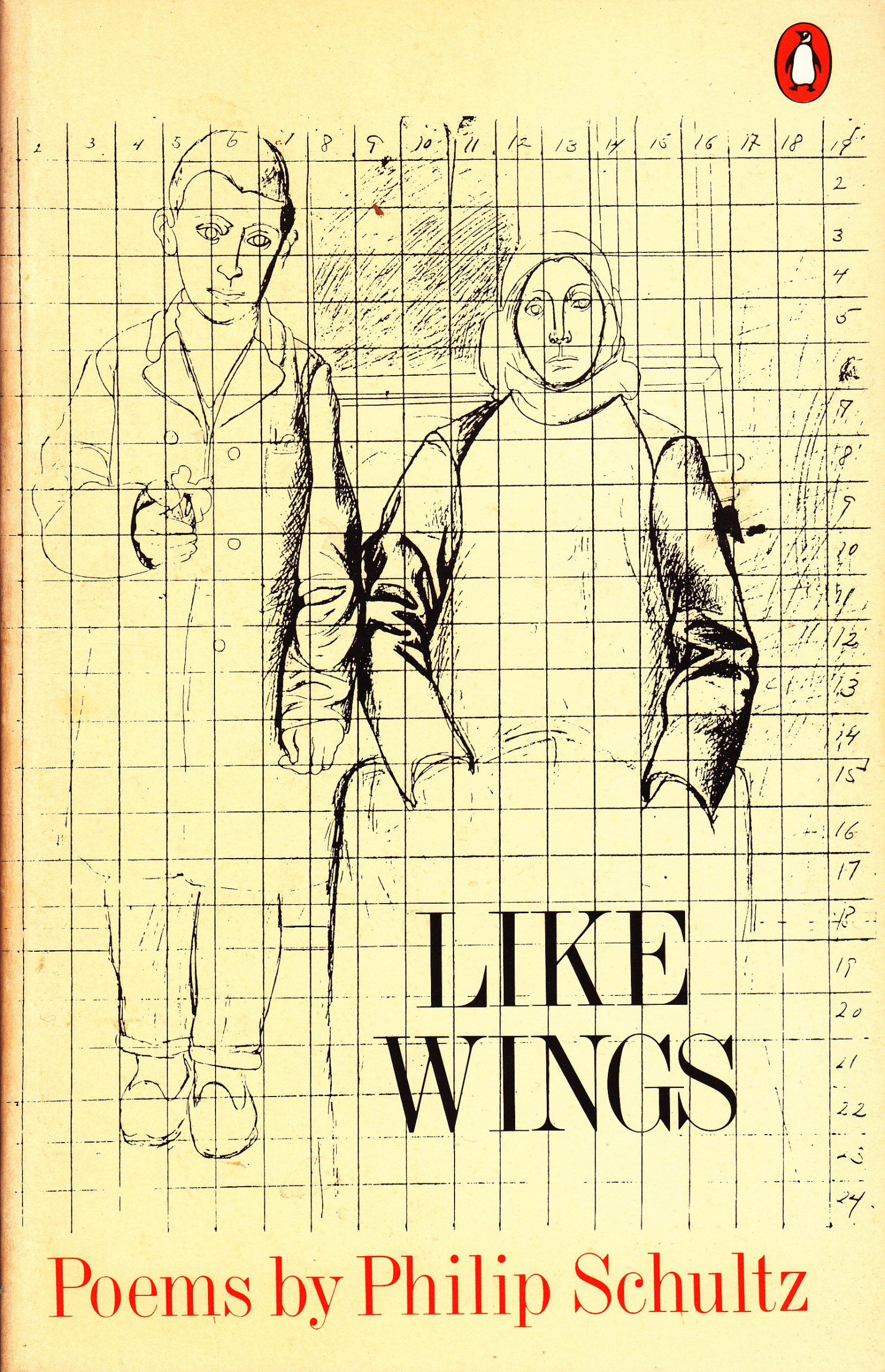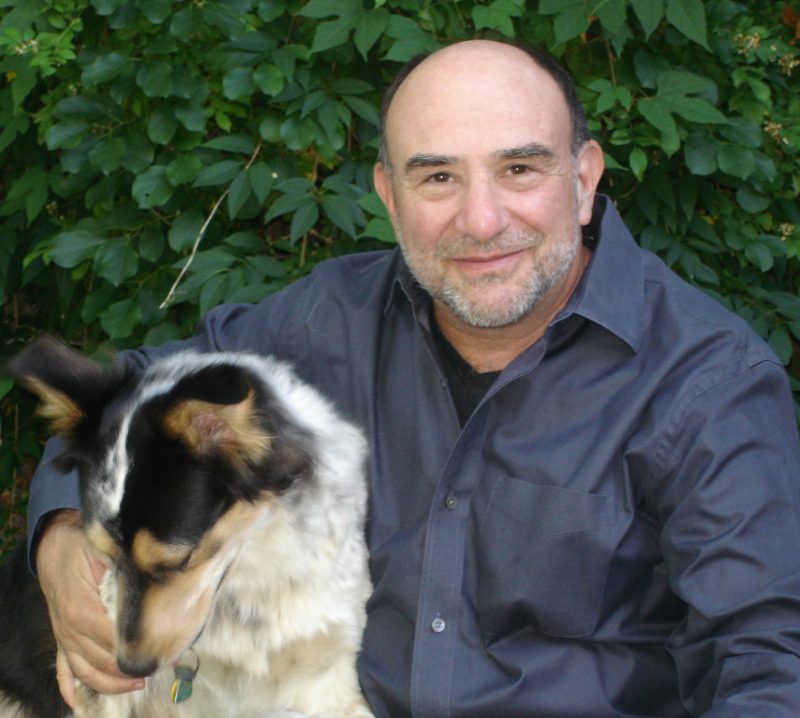
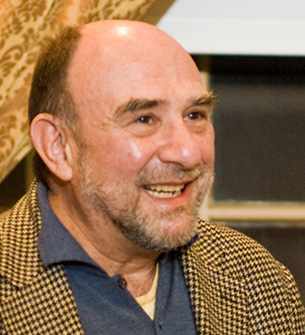
Philip Schultz
Pultizer Prize-winning Poet
Author of My Dyslexia, Memoir
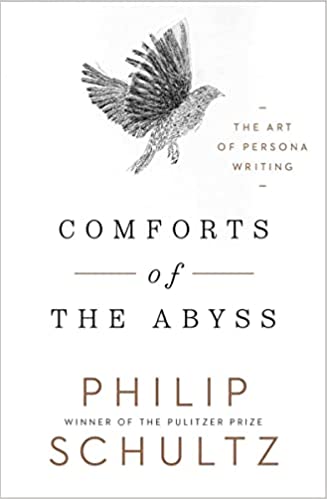
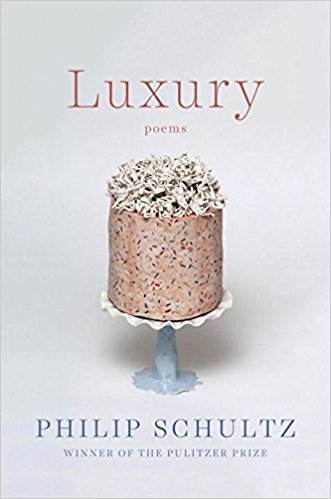
Readings &
Lecture Topics
- My Dyslexia
- An Evening with Philip Schultz
Biography
“His poems become a meeting ground, where the inner life of the writer—given form in sharply precise, memorable language—is so available as to make the poem irresistible; we can’t help but bring our own interiority to these words.” —Mark Doty
“Schultz’s affecting prose will inspire compassion and leave readers with an understanding not only of dyslexia, but of the lifelong challenges that someone with disabilities may face.” —Publishers Weekly
“Philip Schultz’s poems have long since earned their own place in American poetry. His stylistic trademarks are his great emotional directness and his intelligent haranguing—of god, the reader, and himself. He is one of the least affected of American poets, and one of the fiercest.” —Tony Hoagland
One of American poetry’s longtime masters of the art, Philip Schultz is a Pulitzer Prize-winning poet and the founder/director of The Writers Studio, a private school for fiction and poetry writing based in New York City. He is the author of several collections of poetry, including Failure (Harcourt, 2007), winner of the 2008 Pulitzer Prize. These poems give voice to failures of many kinds and yet they are full of tenderness, empathy, and heartbreaking honesty, giving equal praise to the joy of life. His other collections include Luxury (2018), The Wherewithal: A Novel in Verse (2014), The God of Loneliness: New and Selected Poems (2010), Living in the Past (2004), and The Holy Worm of Praise (2002), all published by Harcourt. He is also the author of Deep Within the Ravine (Viking, 1984), recipient of The Academy of American Poets Lamont Prize; Like Wings (Viking, 1978), winner of an American Academy & Institute of Arts and Letters Award and a National Book Award Finalist; and the poetry chapbook, My Guardian Angel (Stein, 1986). He has also published a memoir entitled My Dyslexia (Norton, 2011), in which he recounts his difficulties with the debilitating language disability, and his struggles to overcome it. Most recently, Schultz is the author of Comforts of the Abyss (Norton, 2022), a vivid, intimate, and inspiring exploration of how to write through persona.
Schultz’s work has been published in The New Yorker, Partisan Review, The New Republic, The Paris Review, Slate, and other magazines. He is the recipient of a Fullbright Fellowship and a 2005 Guggenheim Fellowship in poetry. He also received a National Endowment for the Arts Fellowship in Poetry (1981), a New York Foundation for the Arts Fellowship in Poetry (1985), as well as the Levinson Prize from Poetry magazine.
Schultz lives in East Hampton, New York, with his wife, sculptor Monica Banks, and their two sons, Elias and August.
Short Bio
Philip Schultz is the author of several collections of poetry, including Failure, winner of the 2008 Pulitzer Prize. His other collections include Luxury, The Wherewithal: A Novel in Verse, The God of Loneliness: New and Selected Poems, Living in the Past, and The Holy Worm of Praise. He is also the author of My Dyslexia and Comforts of the Abyss. His work has been published in The New Yorker, Partisan Review, The New Republic, The Paris Review, Slate, and other magazines. He is the recipient of a Fullbright Fellowship, a Guggenheim Fellowship, and a National Endowment for the Arts Fellowship in Poetry.
Videos
Publications
Comforts of the Abyss
Throughout his growth as a writer, acclaimed poet Philip Schultz has battled with the dark voice in his head―the “shitbird,” as his late friend the poet Ralph Dickey termed it―that whispers his insecurities and questions his ability to create. Persona writing, a method of borrowing the voice and temperament of accomplished writers, offers him imaginative distance and perspective on his own negative inclinations. In this candid and generous book, Schultz reflects on his early life in an immigrant neighborhood of upstate New York, his first writing experiments inspired by Ernest Hemingway and John Keats, his struggles with dyslexia, and the failures he witnessed in his father’s life and his own. Through surprising, sometimes humorous, and encouraging encounters with the writers who influence him―including Elizabeth Bishop, Joan Didion, and Norman Mailer―as well as moving experiences of loss, Schultz learns how to fashion personas out of pain. Perceptive, enlightening, and profound, Comforts of the Abyss reveals how persona writing can be used as a tool for unlocking a writer’s own story, the philosophy on which Schultz founded The Writers Studio in 1987.
Luxury
Poetry, 2018
“Philip Schultz’s poems have long since earned their own place in American poetry. His stylistic trademarks are his great emotional directness and his intelligent haranguing―of god, the reader, and himself. He is one of the least affected of American poets, and one of the fiercest.” ―Tony Hoagland
In this compassionate new collection, Philip Schultz’s wry and incisive poetic voice takes on both the eternal questions of meaning and happiness and essentially modern complexities―the collective power of women’s marches, the strangeness of googling oneself, the refugee crisis, the emotions associated with visiting the 9/11 memorial. At once philosophical and droll, Schultz explores life’s luxuries and challenges with masterly precision.
Luxury takes its name from the center poem, which has an ironic ring next to Schultz’s Pulitzer Prize–winning collection Failure. The poem is a beautiful exploration of the pull toward life as Schultz examines the question of suicide, intimately probing a familial pull toward that darkness and weaving in the philosophy of Albert Camus and the voices and legacies of Paul Celan and Ernest Hemingway. Using humor, irony, and celebration as ballast against the book’s darker forces, Luxury explores the comfort and sustenance of life, the bittersweet clarity of aging, and the anxiety of existence.
The Wherewithal
Novel, 2014
“Gripping, eloquent, moving, this is a powerful tale about what remains hidden and/or unspeakable in history.” —Elie Wiesel
This astonishing novel in verse tells the story of Henryk Wyrzykowski, a drifting, haunted young man hiding from the Vietnam War in the basement of a San Francisco welfare building and translating his mother’s diaries. The diaries concern the Jedwabne massacre, an event that took place in German-occupied Poland in 1941. Wildly inventive, dark, beautiful, and unrelenting, The Wherewithal is a meditation on the nature of evil and the destruction of war.
My Dyslexia
Memoir, 2011
Despite winning the Pulitzer Prize in 2008 for his poetry collection Failure, Philip Schultz could never shake the feeling of being exiled to the “Dummy Class” in school, where he was largely ignored by his teachers and peers and not expected to succeed. Not until many years later, when his oldest son was diagnosed with the same condition, did Schultz realize that he was dyslexic. In this moving memoir, Schultz traces his difficult childhood and his new understanding of his early years following his realization. In doing so, he shows how a boy who did not learn how to read until he was eleven went on to become a prize winning poet by force of sheer determination. His balancing act—life as member of a family with not one, but two dyslexics, countered by his intellectual and creative successes as a writer—reveals an inspiring story of the strengths of the human mind.
The God of Loneliness: New and Selected Poems
Poetry, 2010
Philip Schultz has been celebrated for his singular vision of the American immigrant experience and Jewish identity, his alternately fierce and tender portrayal of family life, and his rich and riotous evocation of city streets. His poems have found enthusiastic audiences among readers of Garrison Keillor’s Writer’s Almanac, Slate, The New Yorker, and other publications. His willingness to face down the demons of failure and loss, particularly in his previous books, makes him a poet for our times, a poet who can write “If I have to believe in something / I believe in despair.” Yet he remains oddly undaunted: “sometimes, late at night / we, my happiness and I, reminisce / lifelong antagonists / enjoying each other’s company.” The God of Loneliness is a volume to cherish, from “one of the least affected of American poets, and one of the fiercest” (Tony Hoagland), and it will be an essential addition to the history of American poetry.
Failure
Poetry, 2007
A driven immigrant father, an old poet, Isaac Babel in the author’s dreams—Philip Schultz gives voice to failures in poems that are direct and wry. In this Pulitzer Prize-winning collection, he evokes other lives, too—family, beaches, dogs, the pleasures of marriage, New York City in the 1970s, “when nobody got up before noon, wore a suit / or joined anything”—and a mind struggling with revolutions both interior and exterior.
Articles & Audio
Read What’s In Print
• Review of Luxury by Philip Schultz – On The Seawall
• Review: Luxury by Philip Schultz – Publisher’s Weekly
• Teaching Writing At the Writers Studio – Publisher’s Weekly
• Essay on My Dyslexia: “Words Failed, Then Saved Me” — New York Times
• Interview with Philip Schultz — PBS NewsHour
• Review of The Wherewithal — LA Times
• Interview with Philip Schultz — The Writers Studio
• Profile on Philip Schultz — Yale Center for Dyslexia and Creativity
• Read Philip Schultz’s Poem “Failure” — Slate
Listen to Audio
• Interview with Philip Schultz on My Dyslexia — NPR’s Talk of the Nation
Selected Writings
FAILURE
To pay for my father’s funeral
I borrowed money from people
he already owed money to.
One called him a nobody.
No, I said, he was a failure.
You can’t remember
a nobody’s name, that’s why
they’re called nobodies.
Failures are unforgettable.
The rabbi who read a stock eulogy
about a man who didn’t belong to
or believe in anything
was both a failure and a nobody.
He failed to imagine the son
and wife of the dead man
being shamed by each word.
To understand that not
believing in or belonging to
anything demanded a kind
of faith and buoyancy.
An uncle, counting on his fingers
my father’s business failures—
a parking lot that raised geese,
a motel that raffled honeymoons,
a bowling alley with roving mariachis—
failed to love and honor his brother,
who showed him how to whistle
under covers, steal apples
with his right or left hand. Indeed,
my father was comical.
His watches pinched, he tripped
on his pant cuffs and snored
loudly in movies, where
his weariness overcame him
finally. He didn’t believe in:
savings insurance newspapers
vegetables good or evil human
frailty history or God.
Our family avoided us,
fearing boils. I left town
but failed to get away.
MY DYSLEXIA (memoir excerpt)
I remember the first time I even considered the idea of being a writer. I was in the fifth grade when my reading tutor, whom I had been forced to see after my parents were threatened with the possibility of yet another expulsion (my birthday being in January, I’d started kindergarten a year early and in a school out of my neighborhood and I was held back and asked to leave the school when my behavior became a problem) asked me out of the blue what I thought I might like to do with my life.
Without a moment’s hesitation, I answered that I wanted to be a writer.

